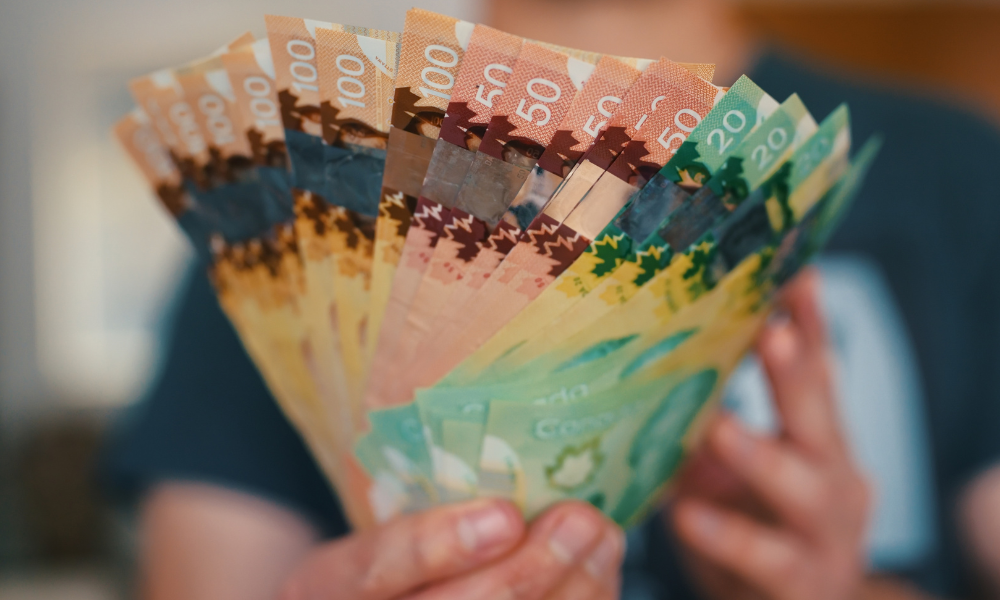Relief measures target affordability struggles for millions of Canadians

The Canadian government is rolling out a holiday tax break and direct payments to millions of Canadians, a move that comes as inflation continues to squeeze household budgets.
Prime Minister Justin Trudeau announced the measures in Toronto, proposing a temporary Goods and Services Tax (GST) cut and a $250 rebate for eligible workers from December 14 to February 15, as part of efforts to ease the cost of living during the holiday season.
Under the proposal, the GST cut will cover items such as children’s clothing, shoes, toys, diapers, restaurant meals, beer, wine, snack foods, beverages, and Christmas trees—both natural and artificial. Video game consoles are also included in the list.
In addition, individuals who earned less than $150,000 in 2023 would receive a $250 rebate in April. Together, these measures are projected to cost the government $6.3 billion.
Trudeau described the plan as a targeted response to inflation-driven affordability challenges, emphasizing that it was designed to help families during the holidays without fueling further inflation: “Our government can’t set prices at the checkout, but we can put more money in people’s pockets.”
Opposition parties were quick to criticize the announcement, accusing the Liberals of using financial incentives to curry favor ahead of the next federal election, which could occur as early as next year. Conservative Leader Pierre Poilievre dismissed the measures as a short-term distraction from what he sees as deeper affordability issues caused by Liberal policies, particularly the carbon tax.
“Today what we have is a two-month temporary tax trick that will not make up for the permanent quadrupling of the carbon tax on heat, housing, food, and fuel,” Poilievre said, reiterating his party’s plan to scrap the tax entirely.
Bloc Québécois Leader Yves-François Blanchet also took aim at the proposal, accusing the Liberals of using short-term financial incentives to gain favor with voters ahead of the next federal election.
However, the New Democrats expressed cautious support, with Leader Jagmeet Singh signaling his willingness to work with the Liberals to push the measures through Parliament: “Obviously, we’re going to support people getting a break.”
Parliamentary approval remains uncertain, as ongoing filibustering by the Conservatives over unrelated government documents has brought legislative work to a standstill for nearly two months. The NDP has proposed a procedural workaround to temporarily suspend the ongoing debate and allow the tax measures to proceed.
The announcement coincides with similar affordability initiatives at the provincial level. Ontario recently introduced $200 rebates for taxpayers, a move Ontario Finance Minister Peter Bethlenfalvy highlighted while criticizing the federal plan for not addressing the carbon tax.
With inflation and affordability dominating public concerns, the Liberals are under pressure to demonstrate action, particularly as polling shows the Conservatives maintaining a significant lead. Whether these measures will resonate with Canadians or shift public sentiment remains uncertain.



